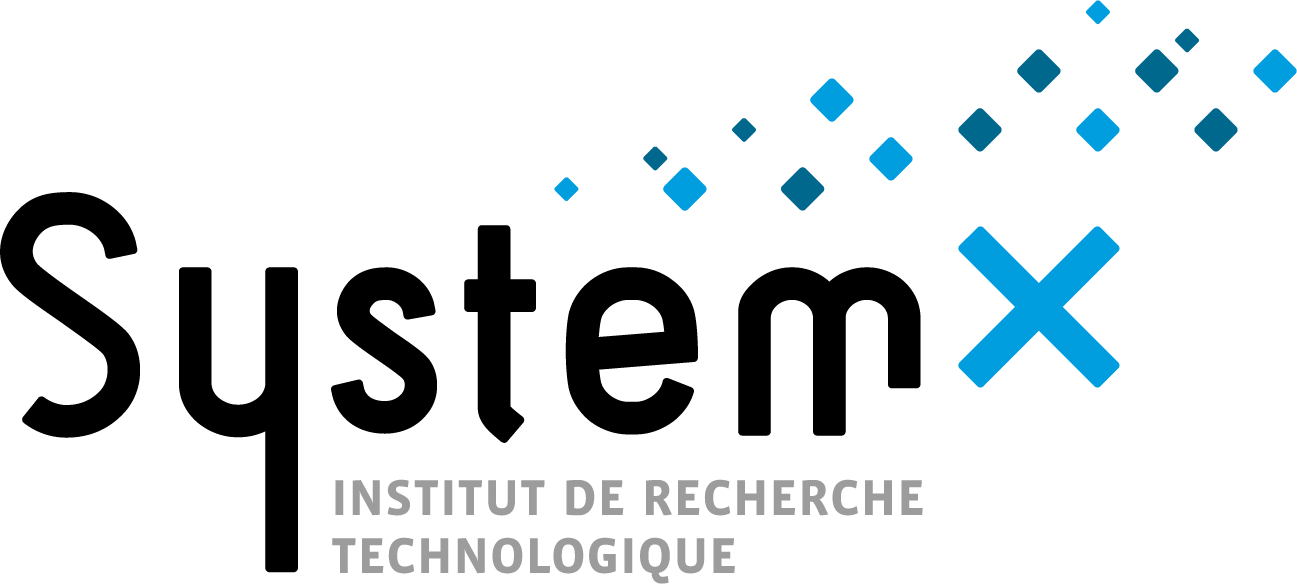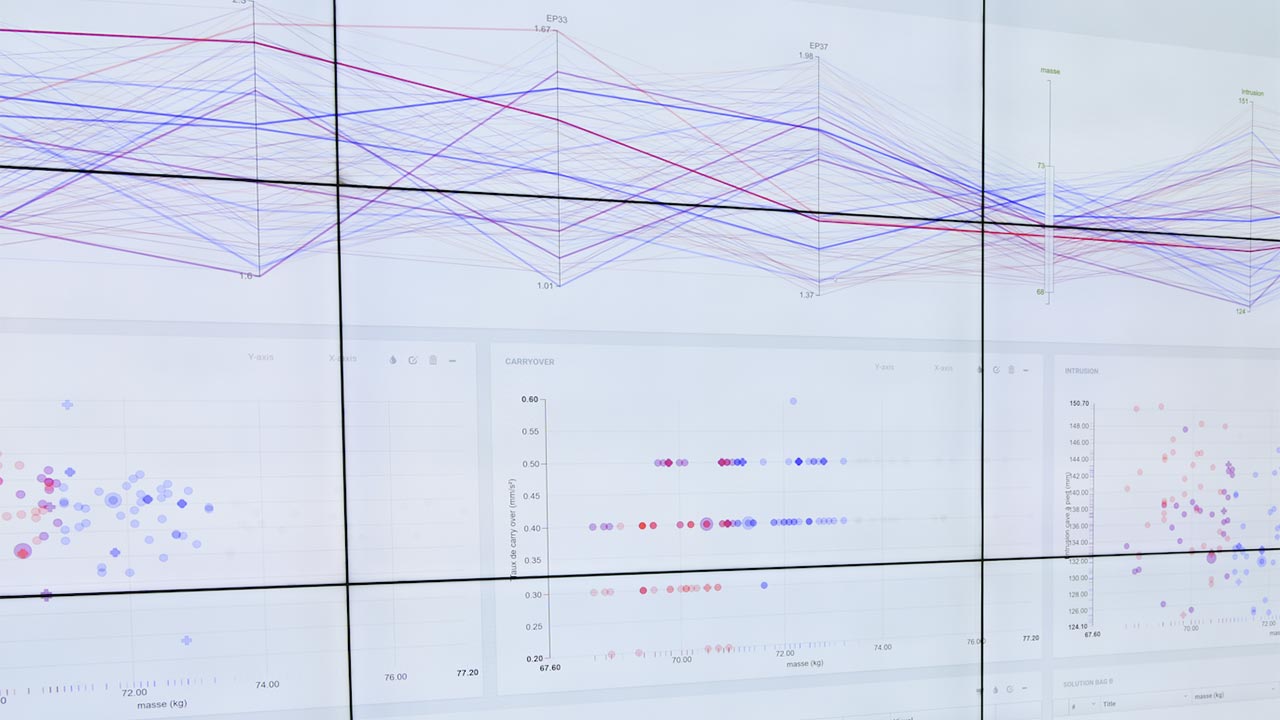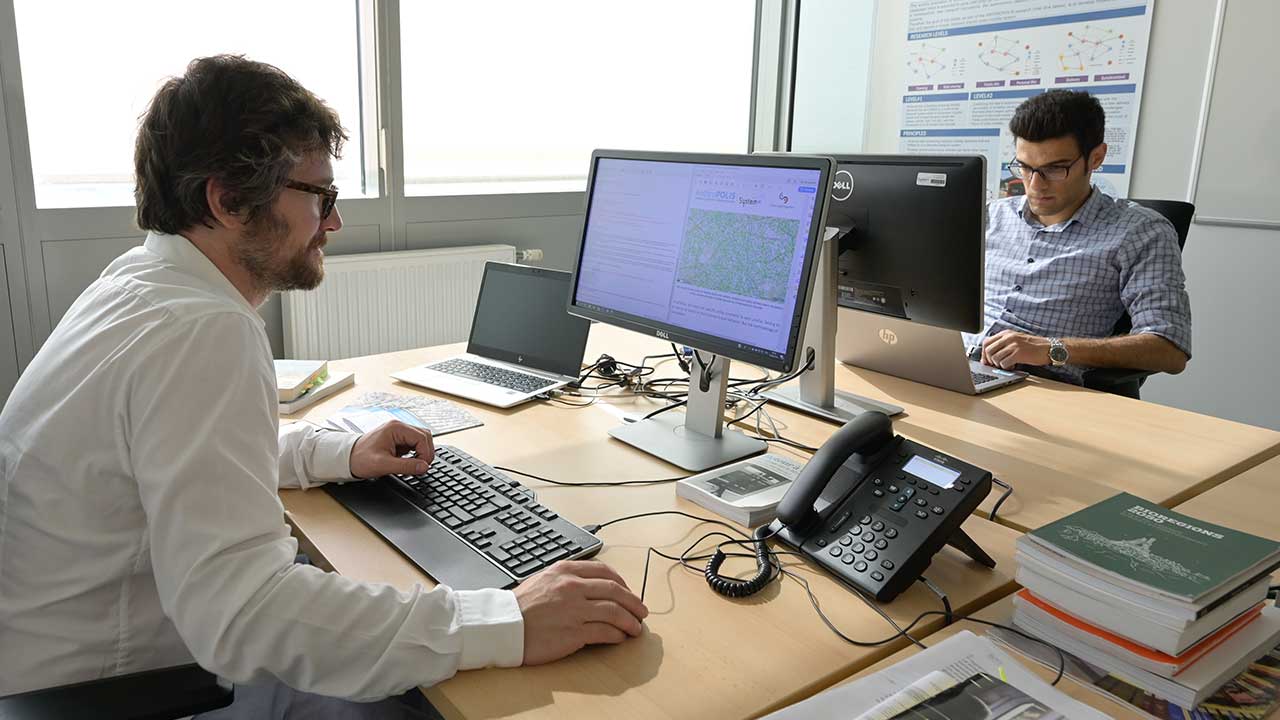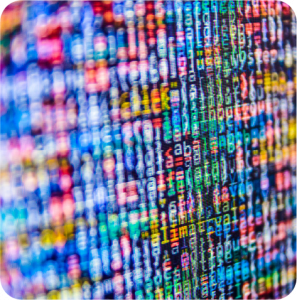Understanding reality through physical modelling
A dual approach to that outlined in axis 1 (Data Science and Interaction) consists in comprehending the functioning of systems through their internal modelling. Whether it is for mechanical, thermal, electromagnetic or aerodynamic behaviour or mobility data, the use of mathematical and analytical descriptions allows increasingly detailed simulations to be carried out over wider and wider areas of validity. These computations address multiple objectives, from the product design phases to the description of their life cycle (ageing, damage, maintenance). They also make it possible to reduce the number of physical tests or to better prepare them for the product approval phases, which thus become partly virtual. It is essential to be able to characterise precisely the level of representativeness of the models (margins, robustness) and therefore the error made during simulations, while keeping the computation time to a minimum. Model reduction and distributed computing methods help to achieve these compromises, especially in the context of the extended enterprise where the co-simulation of each subsystem must often be carried out by coordinating several partners.
The “Scientific Computation and Optimisation” axis also addresses a very active field of simulation, which is an agent-based simulation (ADM). In fields as wide-ranging as energy management or mobility management, ADMs offer exhaustive modelling that allows certain emerging phenomena to be understood by integrating a form of distributed artificial intelligence.
In order to move from the descriptive to the prescriptive, simulations must inevitably be coupled with an optimisation phase which allows a large design space to be explored, while controlling the computation time. There is a tremendous variety of optimisation approaches, including continuous, discrete, stochastic, meta-heuristics, etc.






